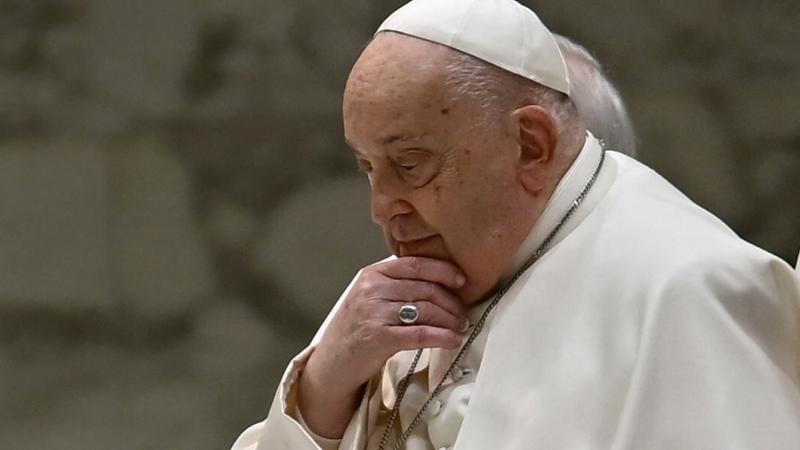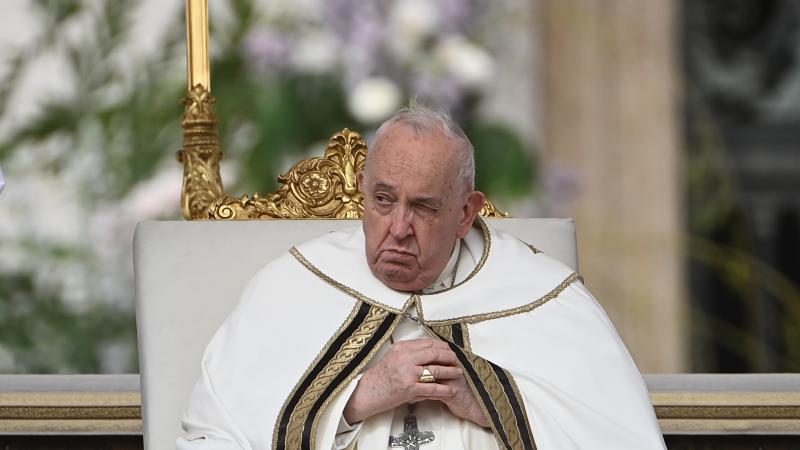Florida State University to pay student nearly $100,000 for anti-Catholic discrimination
Jack Denton was removed as student senate president for online chat remarks labeling pro-transgenderism, pro-abortion, anti-police advocacy "explicitly anti-Catholic."
Florida State University agreed to pay an ex-student government leader nearly six figures, seven months after a federal court ruled his rights were violated when he was removed from office for privately sharing Catholic beliefs.
It reached a legal settlement with Jack Denton, former president of the student senate, under which he'll receive $1,050 in back pay, $10,000 for his removal from office and $83,950 for his legal bills.
The resolution ends nearly a year of strife between Denton and the university, prompted by leaked screenshots of his comments in a Catholic student group chat. Denton advised fellow Catholics against supporting organizations that defend "transgenderism," promote abortion and advocate cutting police budgets, all of which are "explicitly anti-Catholic."
The student government voted to remove him following a petition that labeled his comments "transphobic and racist" and refused to appoint a quorum of student supreme court justices, meaning his term could end before his appeal was heard.
Denton sued the university a month later for not overruling the student government, but FSU claimed it had no authority to do so.
The settlement does not require any policy changes to the student government. Rather, FSU's Office of Communications pledges to publish a statement within 30 days of the settlement.
It will read: "Florida State University remains committed to protecting the rights of its students to hold and practice their religious beliefs free of persecution. Every student, no matter their religion, has the right to participate in student organizations and hold positions in student government."
The Alliance Defending Freedom, which represented Denton, was not "asking for any particular policy change" during settlement negotiations because the policies are not "facially unconstitutional," ADF legal counsel Logan Spena told Just the News: The problem was the university enforced retaliatory action by the student government.
FSU did not respond to Just the News queries asking whether its pledged statement implies enforcement action if the student government again removes an official for practicing religious beliefs.
Denton's settlement wasn't a complete reversal of fortune for the former student senate president.
The federal court declined to reinstate Denton in October because it "could produce chaos and tumult," given how loathed he was. It simply ordered FSU to pay him for the final weeks of his term — less than $300.
Less than a month later, however, the newly constituted FSU student supreme court reinstated Denton, rejecting the federal court's language. The student jurists said his colleagues knowingly committed "unconstitutional retaliation" against him for his beliefs.
Denton "had a great relationship" with everyone in the student government before his removal, he told Just the News. It became a "much more hostile environment" when he was reinstated, creating chilling effects for other senators who now feared speaking their minds.
While many people refused to attend the remaining senate meetings he presided over or refused to recognize his leadership, Denton said he felt validation because the senate still managed to pass a budget. He graduated in December.
The experience didn't ruin his senior year, he emphasized: "It was a blessing for me to be able to defend my faith. I was put to the test, and I believe I did my best."
Denton has been interning for several months in the North Carolina Legislature and is now applying for Navy officer candidate school. Those are his likely career paths, not becoming a student-turned-activist in the mold of Turning Point USA founder Charlie Kirk, he said.
Wednesday was a busy day for the public interest law firm representing Denton. ADF also announced a new campus speech lawsuit against the University of Alabama and an appeal of its court loss on Connecticut transgender athletic policies that allow biological males to compete in girls' sports.














